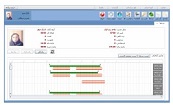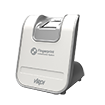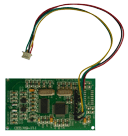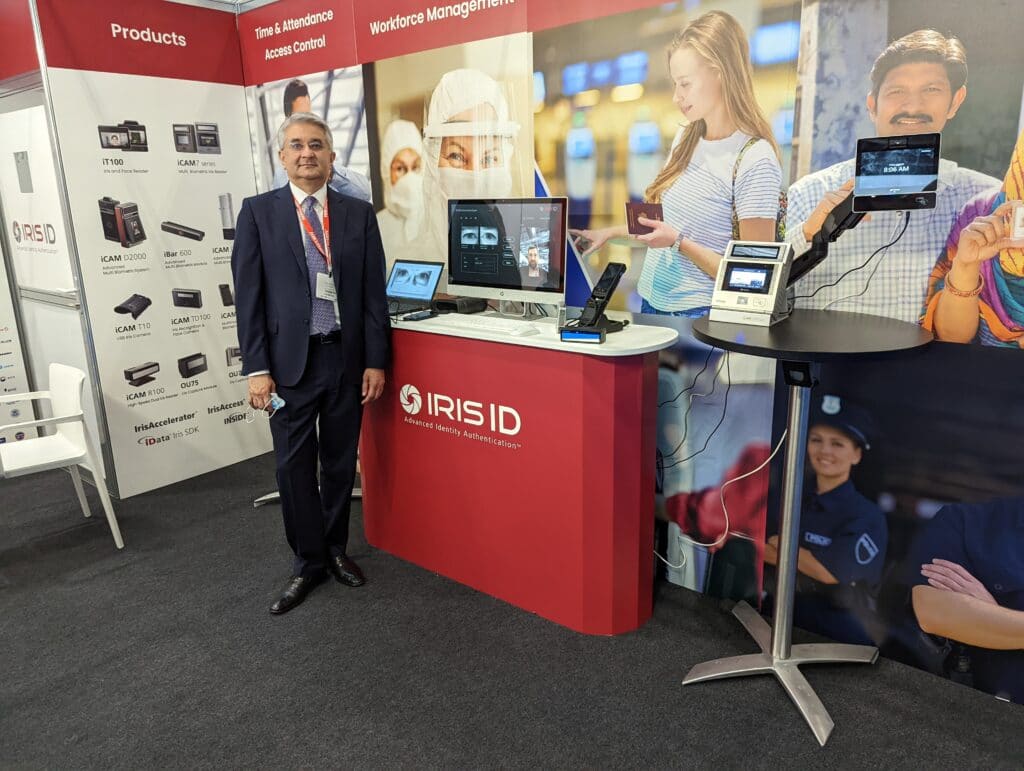Mohammed Murad, Vice President of Global Sales and Business Development at Iris ID, talked with Biometric Update at IFSEC 2022 in London about the company's cooperation with Paychex, its shift toward multimodal biometric solutions, and its global development goals.
"Our concentrate is identity verification, which means it can basically fit into any vertical space, so we support access control," tells Murad at the security event, explaining that the company has partners who are major access control providers who use the company's biometric technology to improve enterprise logical or physical security.
Then, we deploy or integrate our technology into workforce management, which includes time and attendance and a very, very wide flexibility across companies and organizations.
The Paychex collaboration
Iris ID's partner for over five years has been Paychex. Iris ID did not begin developing the biometric technology that was recently incorporated into Paychex's 'Iris Time Clock' until the beginning of 2021.
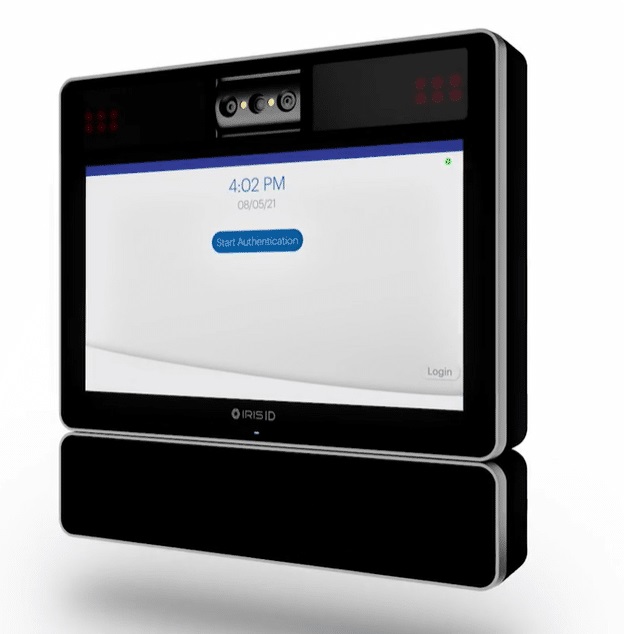
When we debuted our new product line about a year and a half ago, our primary goal was to establish an ecosystem of apps around it.
The product is intended to replace a regular Android tablet with one that has biometric capabilities, enabling independent software suppliers (ISVs) to create apps utilizing Iris ID technology and run them on the device.
Murad continues, "Paychex is really enthusiastic about this." "Now they can put the majority of their human resource management application's [user-facing] components [...] on the smartphone. Therefore, the user no longer has to visit the HR department to determine their remaining vacation hours, etc. […] It transforms into an information hub and an identity authentication product."
Murad thinks that Iris ID will be able to alter some of the dynamics of the industry if it is able to construct a device that will enable third-party manufacturers to develop specialized apps.
"What we're doing is not just providing you with really powerful authentication, but also the flexibility to tailor it to the requirements of the consumer."
"We are really thrilled and seeking further partners. Numerous partners are developing apps that will soon be accessible on the market."
Murad states that all of these apps will concentrate on HR (human resource) management.
A worldwide expansion
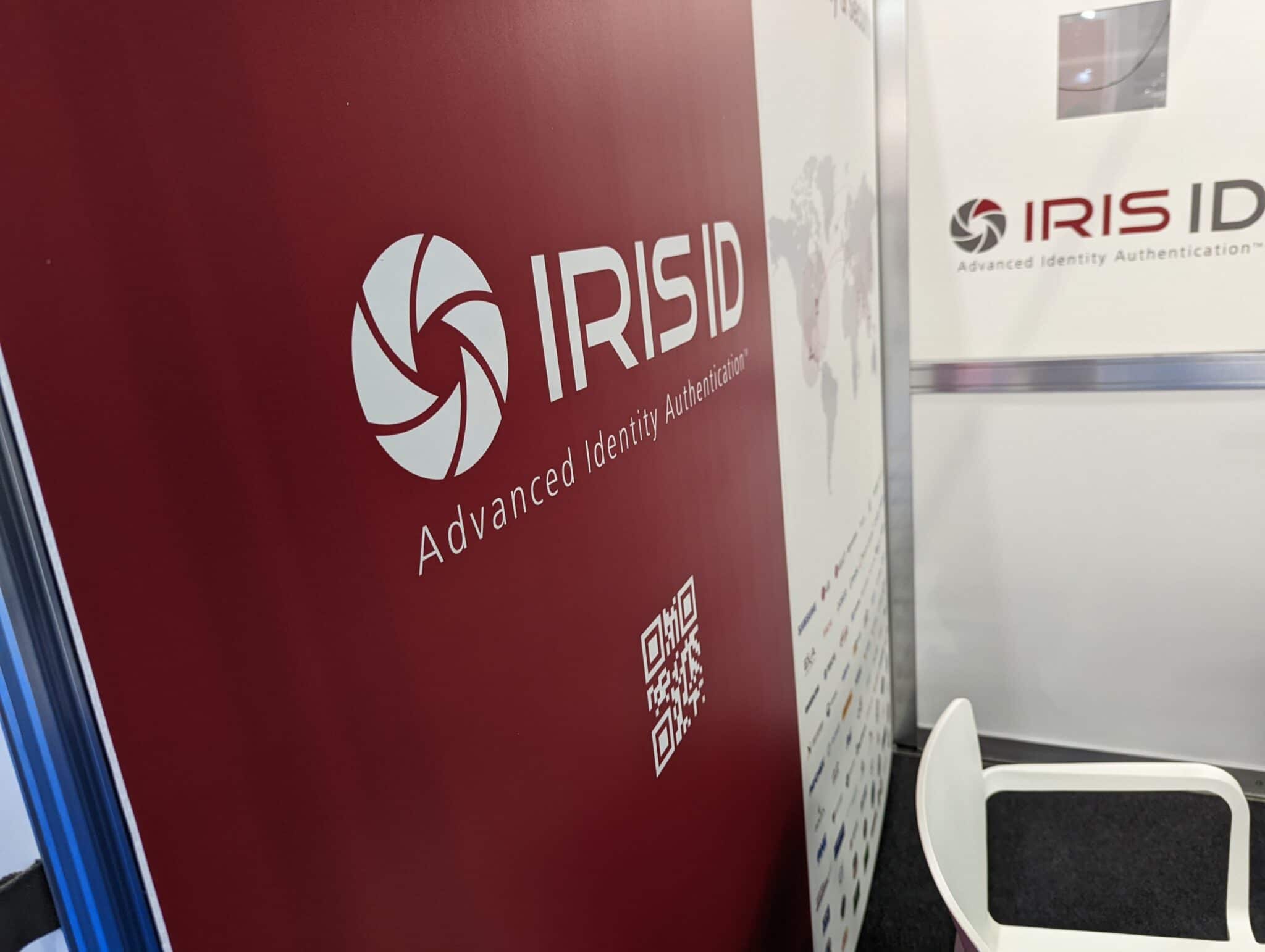
Recent important hiring for Iris ID have been made in Turkey and Latin America. The changes, according to Murad, were part of a larger recruiting plan for the corporation.
"We trust biometric and iris industries are mature, and it's time for us to consider the local market. Consequently, we have begun placing regional managers in their [respective] area. So that we may communicate directly with consumers."
Murad states that Iris ID has regional managers in the United Arab Emirates, Malaysia for Asia Pacific, South Korea for China, and the United States for Europe and Africa.
We foresee expansion in the near future, which is a natural element of our company as technology use increases and requires us to hire additional personnel.
Researching multimodal biometric uses
Murad, when questioned about the technical components of Iris ID's biometric applications, explains that the business is always seeking new uses for iris recognition technology.
The CEO references the recent IREX 10 test conducted by the U.S. National Institute of Standards and Technology (NIST) in September 2021 and asserts that Iris ID's algorithms performed among the best for a variety of reasons.
"One is the size of the template, the search speed, and the creation speed of the template. Additionally, the ability to distinguish twins. Therefore, of all the individuals and firms who submitted algorithms, we performed very well."
Murad states that Iris ID acknowledges the utility of multimodal biometric applications from an application standpoint.
"As we all know, facial recognition is essential and has been discussed throughout the globe, therefore we have merged the capacity to record both the iris and face at the same time."
This technology is already included into Paychex's gadget.
"We also have a brand-new gizmo called the Iris Bar. It is meant to be incorporated into kiosks and can simultaneously record iris and face."
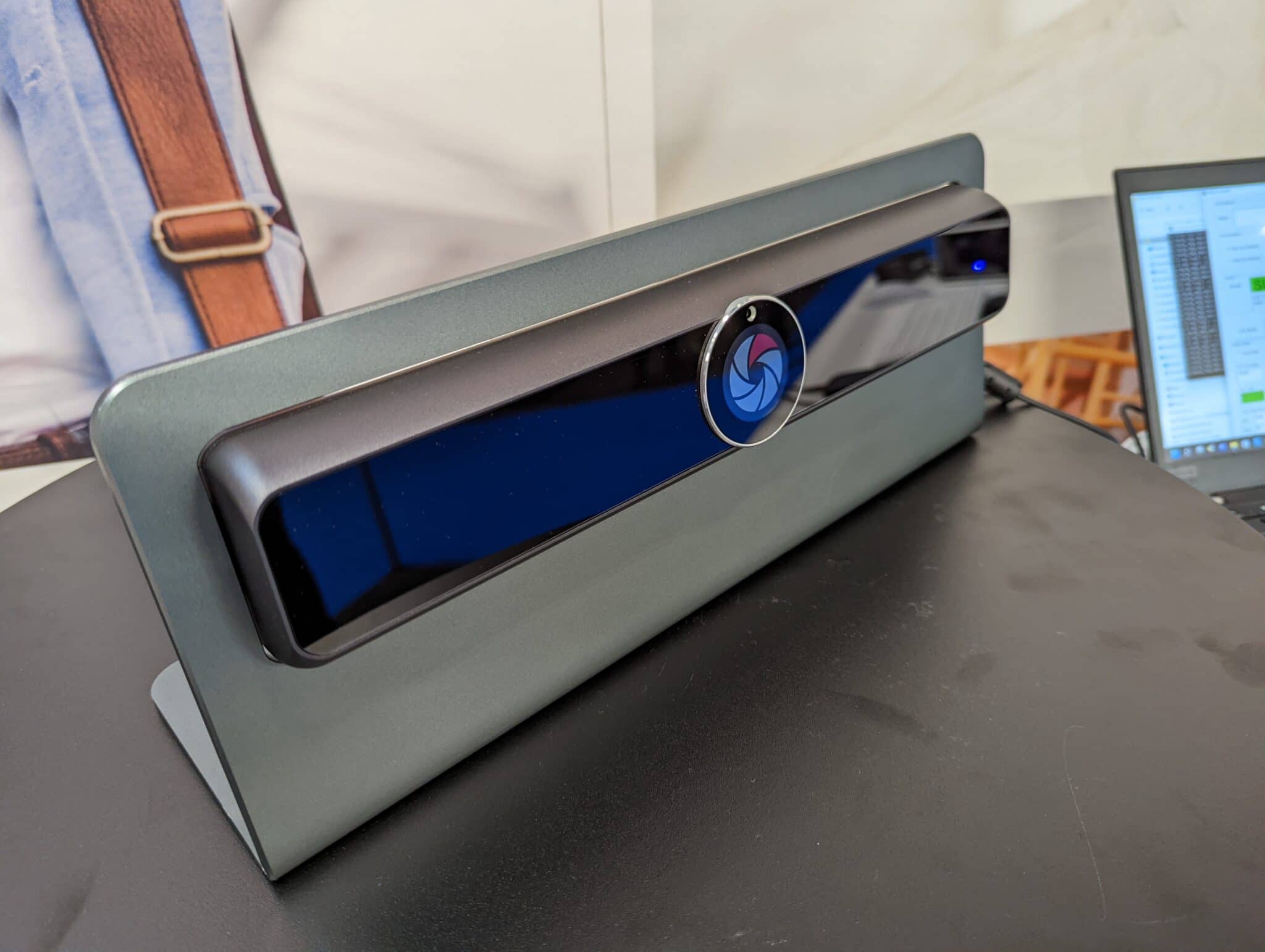
In the last 18 months, according to Murad, Iris ID has worked relentlessly to adapt its face biometrics algorithms to masks, since masks offer significant obstacles for facial recognition technology, at least on their own.
"By integrating iris and face, we ensure that you do not need to remove your mask and can identify a person in a very big group [using iris biometrics],"
The prospects for Iris ID
In the future, according to Murad, Iris ID will include multimodal biometrics and remote capture in all of its apps.
"I call it the convenience factor," says the CEO. "From an educational perspective, a large number of customers are very familiar with face recognition, whereas iris is relatively new, so what we are saying is, 'Hey, we can give you face, and then you can use iris,' and by combining these modalities, you are essentially achieving the highest level of identity authentication."
The Iris Bar is currently commercially accessible, and according to Murad, the firm has a few clients who are doing first proof-of-concepts (POCs).
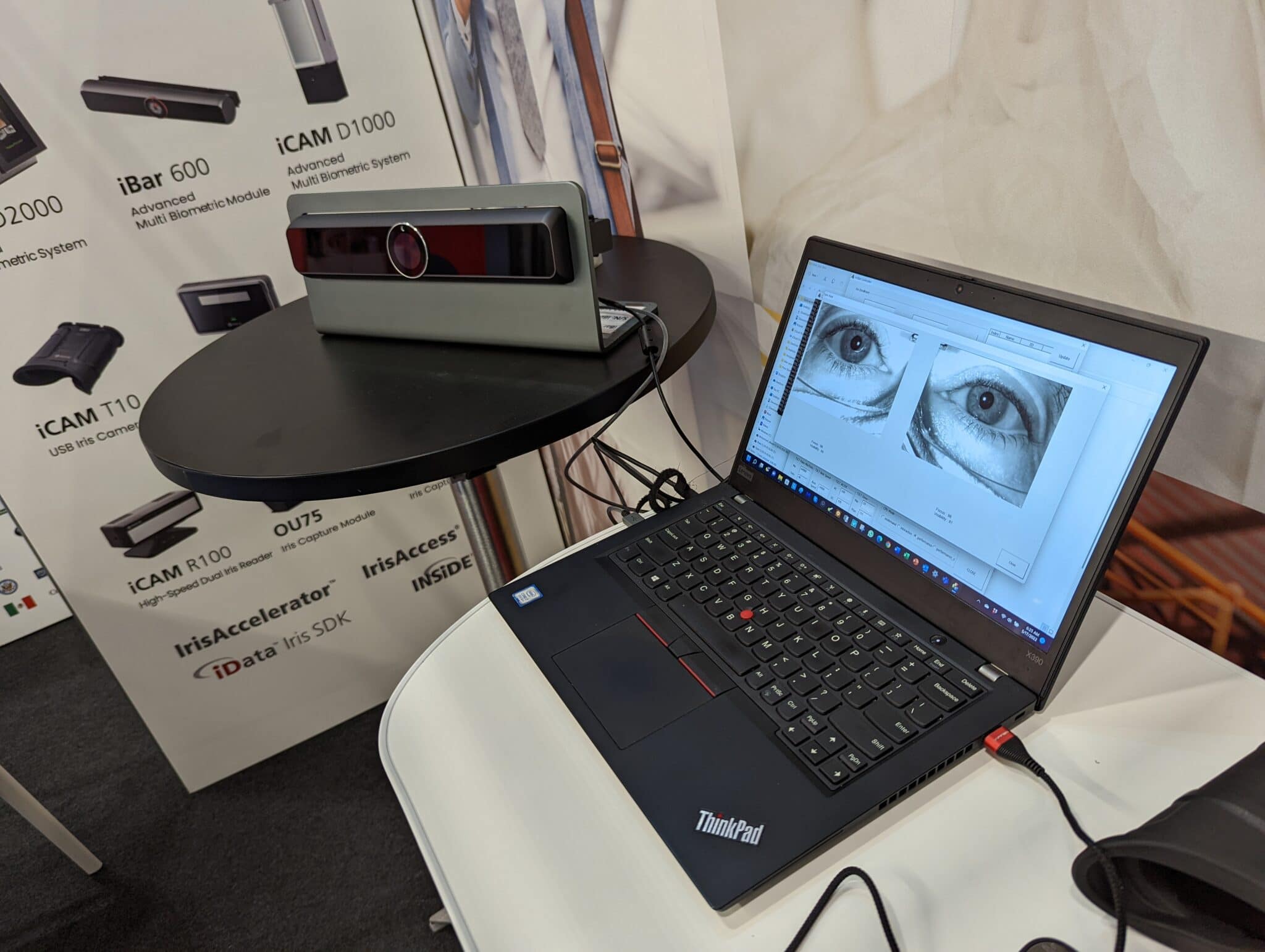
Murad ends the discussion with his opinions on IFSEC, the first big face-to-face security event in Europe since the start of the epidemic.
"We're ecstatic to be here, meet with individuals in person, and [display] our latest revolutionary technologies in the identification and authentication industry.
I think that iris recognition is a wonderful match for a variety of vertical businesses, and we're seeing increasing adoption rates, so this is an exciting moment for us.
Reference: Biometric Update















































